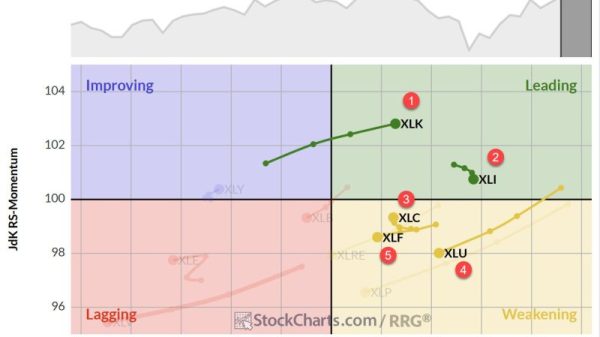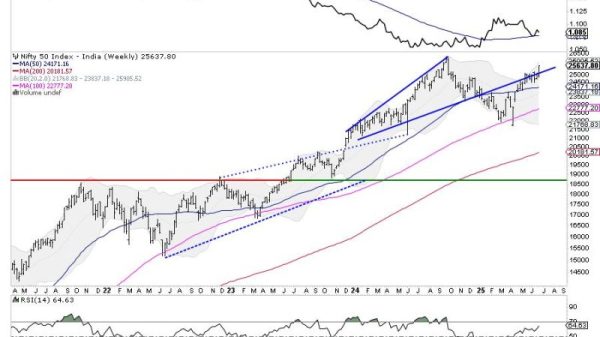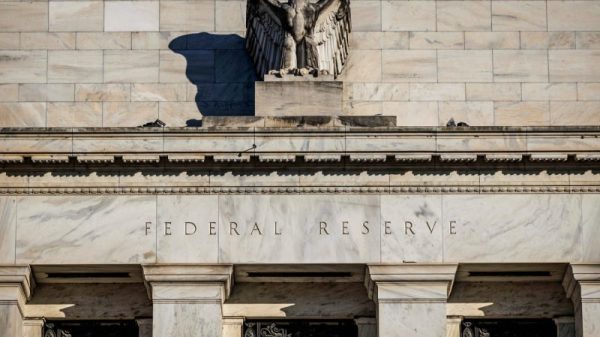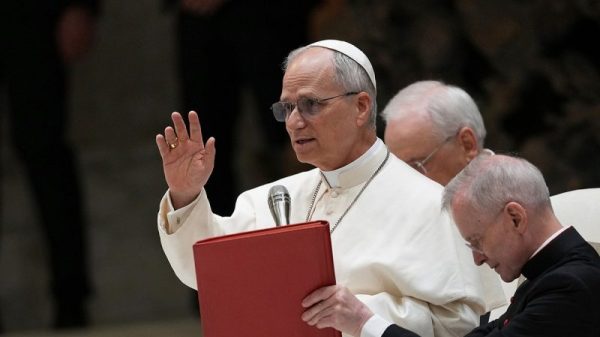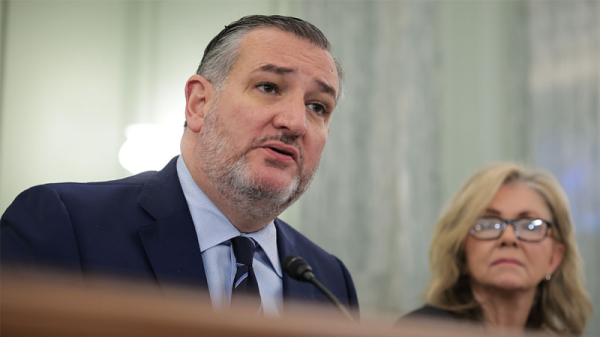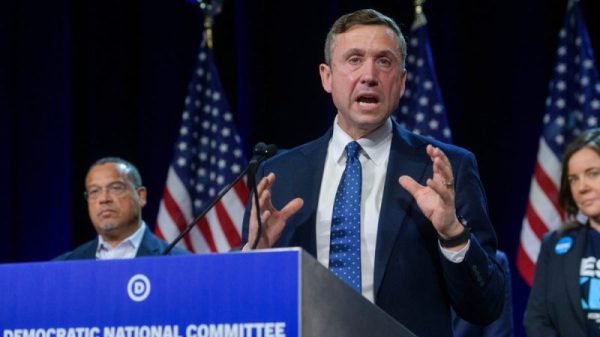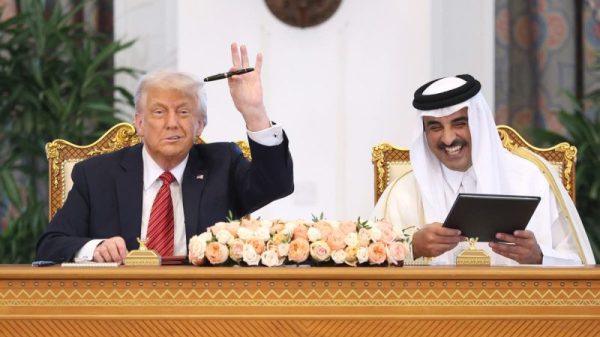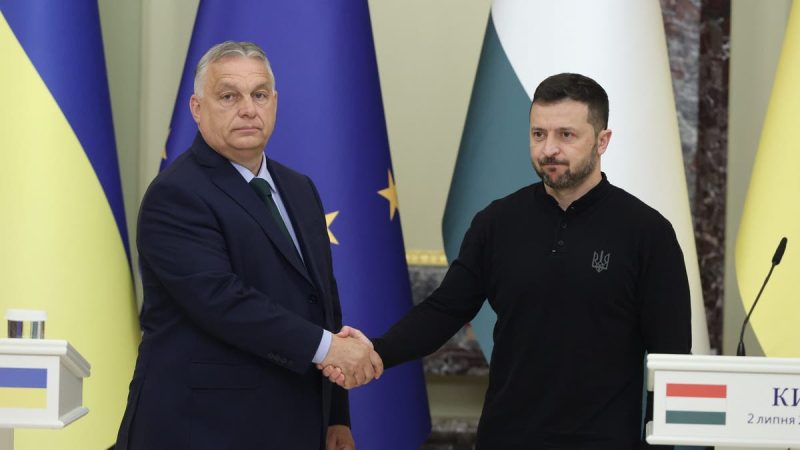Hungary’s Orban Ditches NATO Summit to Meet with Donald Trump
Hungarian Prime Minister Viktor Orban’s decision to skip the NATO summit in order to meet with U.S. President Donald Trump has raised eyebrows and sparked a debate among political analysts and leaders around the world. Orban’s move is seen as a strategic maneuver aimed at strengthening ties with the United States at a time when Hungary is facing growing tensions with some of its European neighbors.
The meeting between Orban and Trump comes at a time when both leaders are facing criticism from the international community for their controversial policies and rhetoric. Orban has been widely criticized for his authoritarian tendencies and his crackdown on democratic institutions in Hungary. Meanwhile, Trump has drawn condemnation for his divisive rhetoric and his unpredictable foreign policy decisions.
Orban’s decision to prioritize his meeting with Trump over attending the NATO summit is a clear indication of Hungary’s shifting foreign policy priorities. By cozying up to the U.S., Orban is signaling to the international community that Hungary is willing to break ranks with its European allies in order to forge closer ties with Washington. This move could have significant implications for Hungary’s position within the European Union and its relationship with other NATO members.
The meeting between Orban and Trump also underscores the growing divisions within NATO and the broader transatlantic alliance. Orban’s decision to skip the summit is a snub to the other member countries and could further strain relations between Hungary and its NATO allies. This move raises questions about the future of NATO and the unity of the alliance in the face of growing geopolitical challenges.
Moreover, Orban’s meeting with Trump is likely to further embolden populist and nationalist leaders in Europe who see the United States as a more reliable partner than the European Union. By aligning himself with Trump, Orban is sending a message to other European leaders that Hungary is willing to break away from the EU in order to secure its own interests.
In conclusion, Orban’s decision to skip the NATO summit in favor of meeting with Trump is a bold and controversial move that highlights the shifting dynamics of global politics. By prioritizing his relationship with the U.S. president, Orban is signaling a new direction for Hungary’s foreign policy and potentially reshaping the country’s alliances on the international stage. The repercussions of this decision are likely to reverberate across Europe and beyond, raising important questions about the future of NATO, the transatlantic alliance, and the balance of power in the world.



